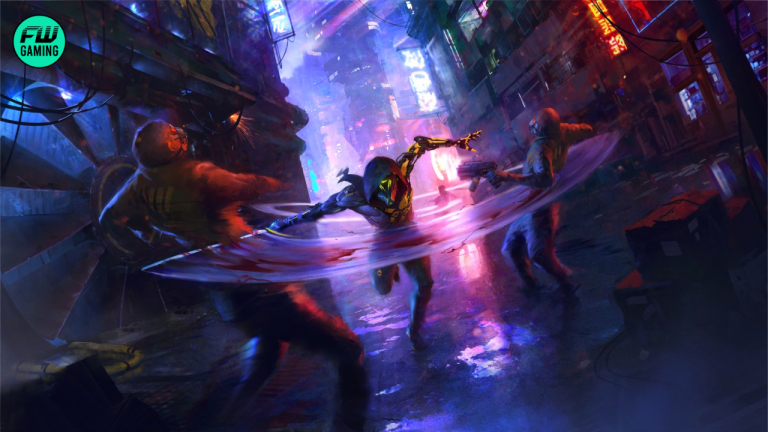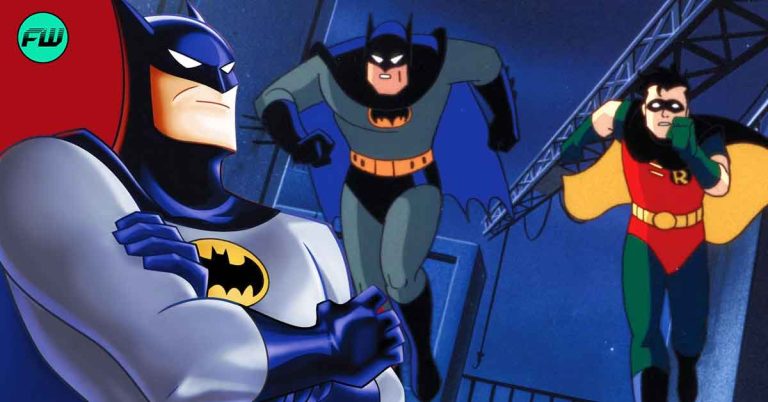If you have been one of the many gamers enjoying Larian Studio’s Baldur’s Gate 3, you might be surprised to know the game was cancelled more than 20 years ago. That’s right, the Dungeons and Dragons title that has become so popular among RPG enthusiasts this year, actually could have graced PC players in the early 2000’s, through a completely different developer.
The original title known as, Baldur’s Gate 3: The Black Hound, was announced in 2002. The game was to be helmed by Black Isle Studios, a subsidiary of Interplay Entertainment. This would be the first non-DLC installment developed by a company outside of BioWare, the studio best known for the Mass Effect franchise. As development began to move at Black Isle Studios, a whole world of problems would arrive, and the landscape of gaming would be forever changed.
The Road to Success and the Creation of Black Isle Studios
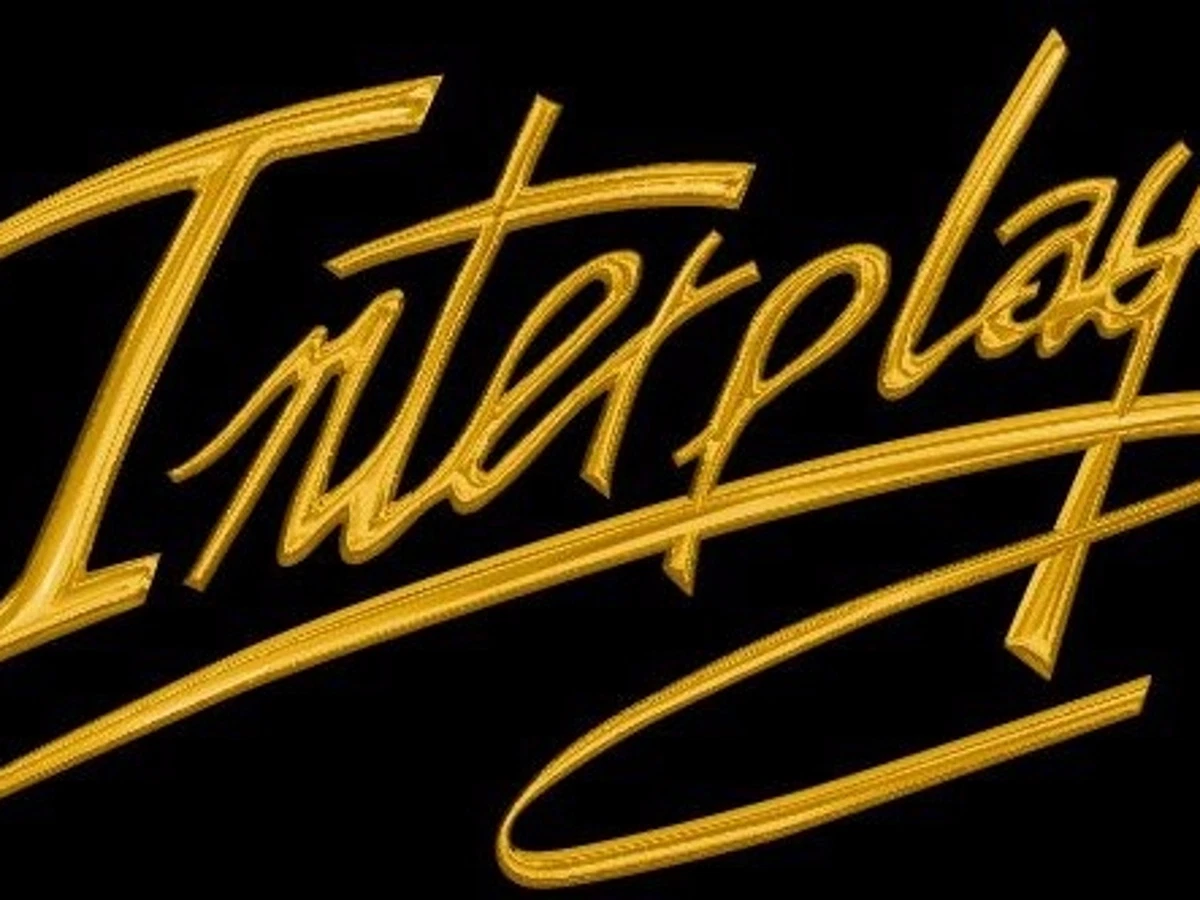
Interplay Entertainment Corp. was founded in 1983 in Irvine, California and was created by four developers: Rebecca Heineman, Brian Fargo, Jay Patel, and Troy Worrell. These four had their start at Boone Corporation, another video game developer, (unrelated to Mortal Kombat creator Ed Boon) and they remained there until the company went out of business. It was with this collapse that the ambitious creators felt they could do better, and teamed up to make Interplay Entertainment.
The opening of business was better than could have been expected. Interplay Productions started off on software conversions, did some military work, and even landed a $100,000 deal with Activision. The developers continued to contract for other publishers until 1988, when the company created and self-published Neceomancer and Battle Chess. Both of these titles were very well received and started to put Interplay Entertainment into the minds of gamers around the world. The company continued to have success for the next few years, and even published several Star Trek titles.
SEE: Baldur’s Gate 3 Developers Working to Implement Mid-Game Customisations for Players
Nine years later in 1997, Interplay would develop a major staple in the gaming world from the mind of Tim Cain, bringing Fallout to life. Fallout was a post-apocalyptic commercial and critical hit, and is a franchise that’s still kicking after 26 years. Interplay felt the world needed more RPG titles, and with Fallout being a win, Black Isle Studios was created as an in-house development team. It would be founded by Feargus Urquhart, and the name based on his ancestral country. When the wasteland world returned a year later in Fallout 2, Black Isle Studios led the charge as developer, and Interplay Productions acted as the publisher.
How Black Isle Studios Went From Being an IGN Developer of the Year to a Shell of Its Former Self
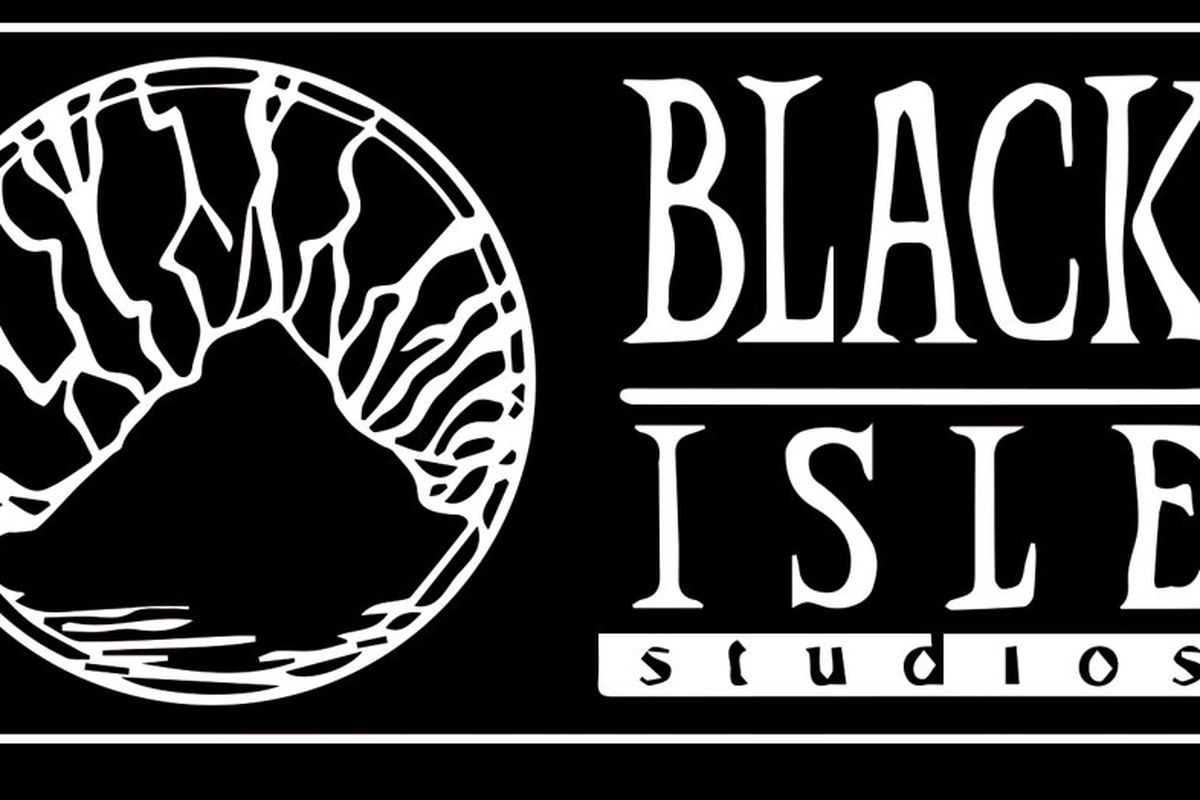
In 1998, when BioWare was preparing to release the first Baldur’s Gate game, it needed publishing and Black Isle Studios was a great option. Three years later the company had published Baldur’s Gate: Tales of the Sword Coast (expansion), Baldur’s Gate II: Shadows of Amn (full sequel), Baldur’s Gate II: Throne of Bhaal (expansion), and Baldur’s Gate II: Dark Alliance (expansion). While Black Isle Studios was pushing its parent company forward, it was a rough year financially. Interplay Entertainment made a desperate move in order to avoid bankruptcy court, and took the company public.
SEE ALSO: Baldur’s Gate 3 has been Beaten… in TEN MINUTES
Unfortunately, despite money made by Black Isle Studios and Interplay’s initial public offering move, other divisions were showing substandard performance. Titus Interactive, a video game publisher based in Paris, acquired Interplay in 2001 and tried to save the company removing what it deemed to be unnecessary assets. Brian Fargo, one of the initial four founders, left a year later as the company began to take on a whole new identity. He would go on to develop InXile Entreatment, which still exists and is now owned by Xbox Game Studios.
Troubles for Interplay went from bad to worse, and in 2003, everyone who worked for Black Isle Studios was laid off. Feargus Urquhart, now founder and CEO of Obsidian Entertainment, left the company in what was shaping up to be a major loss. Two years later, Titus Interactive gave up and filed for bankruptcy, eventually selling the IP for Fallout to Bethesda Softworks. Titus continued to make drastic decisions and with many highly skilled creators out of a job, the company would never return to its former glory.
Larian Studio’s New Baldur’s Gate 3 and the Black Isle Studios Title that Never Lived

In 2002, before layoffs, but as things were getting really bad, Black Isle Studios was still moving forward as if everything was normal. Baldur’s Gate 3: The Black Hound had been announced and this time it was going to be developed and published by Interplay. It was referenced by codenames, Project Jefferson and FR6, with plans of developing a new software engine to run the title. Project Van Buren, the codename for the studios’ cancelled Fallout 3 title was also being developed at the same time.
As we know, Baldur’s Gate 3: The Black Hound never saw the light of day and would go to its demise, along with its developer, Black Isle Studios. If you are curious about the game, there is a plethora of information to be found from the title’s archive, related to planned gameplay, story, development, and more. It is an impressive amount of content showing the employees believed their game would be released. However, despite all of the planning and story boarding, Interplay would desperately put an end to the entire division.
SEE ALSO: The Upcoming Baldur’s Gate 3 Patch Includes Over ONE THOUSAND Fixes
The silver lining to this story, is that now after 20 years, Baldur’s Gate 3 has a new chance to live. Larian Studios may not be the original creator, but it has developed a worthy installment in the Baldur’s Gate franchise. Not only that, the company has been able to do so much more with the property than gamers ever could have imagined in 2002.
Although this new title is completely unrelated to The Black Hound, one can still hope hidden away somewhere in the RPG there might be even the subtlest of nods to the game that would have been. As we look back, it is always important to remember the shoulders on which we stand, and embrace where gaming is today.
Concluding Thoughts on Baldur’s Gate 3 and the History of Black Isle Studios
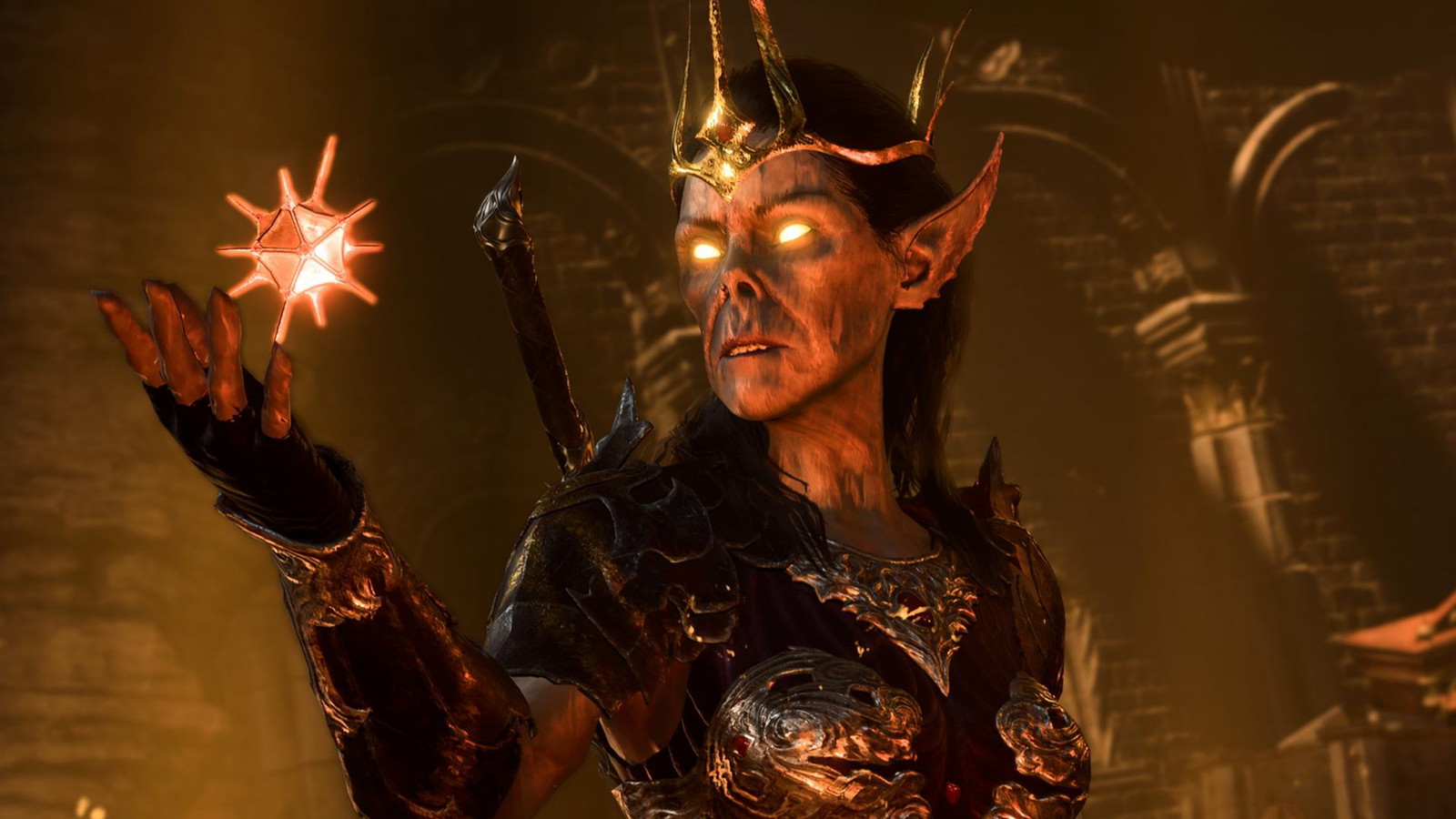
If you thought this story would end with an explanation on how Interplay Entertainment went bankrupt, then you would be wrong. Surprisingly, the studio still exists, although it now only releases its previously developed games. It even revived Black Isle Studios to try and crowd fund a new project, however the endeavor inevitably failed. The most recent publication under the Black Isle Studios name was a re-release of Baldur’s Gate: Dark Alliance on PlayStation 4, PlayStation 5, Nintendo Switch, Xbox One, and Xbox Series X/S.
When Interplay was at its peak, the company had more than 600 employees, and Black Isle Studios was likely its most successful division. It brought us the Fallout series, redefined Baldur’s Gate, and pushed the progress of RPGs forward. Although it was a major loss, and it may hurt to see Black Isle Studios as nothing more than a marketing gimmick for the remnants of Interplay, the world of gaming was changed forever. If it were not for the fall, Bethesda would not have Fallout, Larian would be Baldur-less, and Obsidian Entertainment would not exist. So, while unfortunately Black Isle Studios may truly be gone, its legacy is still very much alive in video games today.
What do you think of Black Isle Studios’ cancelled Baldur’s Gate 3: The Black Hound title? Has Larian Studios done justice for the fallen company? Would you have played the title had it released in 2002? Leave a comment and let us know your thoughts.
Follow us for more entertainment coverage on Facebook, Twitter, Instagram, and YouTube.



